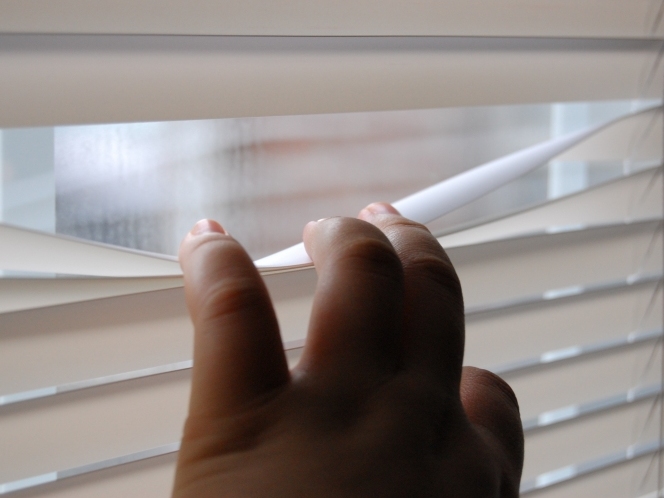Why Facebook and Google hate privacy
The more you share, the more data can be mined

Sign up for breaking news, reviews, opinion, top tech deals, and more.
You are now subscribed
Your newsletter sign-up was successful
We wandered onto Facebook this morning, and we were met with an important message. We've changed our privacy settings to make things much better, the site said. Come with us and we will discover a new world of personal privacy!
Cool, we thought, until we saw the recommended settings.
In every single case where we'd set our privacy to "let absolutely nobody see this, not even our closest relatives or our bestest friends", Facebook suggested we change the settings to "Make this available to everyone. Make sure Google sees it. Hell, write it in enormous letters on the side of a jumbo jet and fly it past our office for all we care."
We're not the only ones to think that Facebook is rather keen on making our privacy less, not more, private.
As Marc Rotenberg, executive director of the Electronic Privacy Information Center, put it: "Facebook is nudging the settings toward the 'disclose everything' position. That's not fair from the privacy perspective."
So why are they doing it? You'll find a clue in comments made earlier this week by Eric Schmidt, CEO of Google. As Gawker reports, Schmidt reckons that "if you have something that you don't want anybody to know, maybe you shouldn't be doing it in the first place."
Only bad people need privacy
Sign up for breaking news, reviews, opinion, top tech deals, and more.
Yep, it's our old friend IYHNTHYHNTF, or If You Have Nothing To Hide You Have Nothing To Fear. Which is pretty ironic when it comes from someone who blacklisted an entire news network back in 2005 when it had the temerity to Google for and publish online the name of Schmidt's wife, details of his extra-curricular activities and some of the profits he'd made from selling shares.
It turns out there are two kinds of privacy: the kind of privacy you and we should expect, and the kind of privacy the CEO of a major technology company should expect.
The difference, of course, is that Schmidt's privacy doesn't make any difference to Google's bottom line - but your privacy does, just as it does with Facebook.
The more you share the more data can be mined; the more adverts can be targeted; the more money can be made. That's why Facebook's nudging you towards sharing more, and it's why Google is now personalising search for everybody whether they want it or not.
It's not that they're evil; it's that they simply don't see why anybody would worry - and because they don't get it, they're going to continue to attack your privacy for no other reason than because they can.
What they don't seem to understand is that online privacy is like curtains: you don't block the windows because you're running a meth lab or a brothel in your house; you block them because you don't want weirdoes peering through the window when you're watching TV Burp.

Contributor
Writer, broadcaster, musician and kitchen gadget obsessive Carrie Marshall has been writing about tech since 1998, contributing sage advice and odd opinions to all kinds of magazines and websites as well as writing more than twenty books. Her latest, a love letter to music titled Small Town Joy, is on sale now. She is the singer in spectacularly obscure Glaswegian rock band Unquiet Mind.